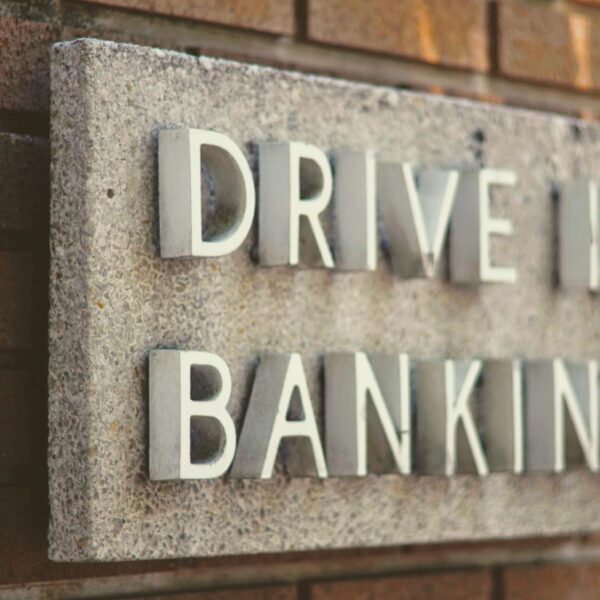Debt spirals are a significant issue for many US citizens. Credit cards, student loans, and mortgages can cause debts to accumulate. Many feel trapped by their debts. As such, financial stability can seem like an unattainable pipe dream. Thankfully, individuals can manage their debts and break the cycle with these strategies.
Understanding Your Obligations
The first step to taking control of your money is one of the hardest. It involves writing down your debts and understanding your obligations. This can be a scary process for many people. It is often easier to just ignore your outgoings. However, you will never break the cycle unless you understand your commitments and where to save.
Listing your debts and their interest rates will allow you to prioritize which you need to repay first. It can also help you create a plan of action for getting away from debt. Many people borrow money without thinking about how to pay it back, so you are not alone if you find yourself in this situation. Instead of being frightened and pushing it under the rug, it is essential to confront your debts. You could start by trying to refinance some of them. If you have student debt for instance, do some research on student loan refinance companies and choose one that seems right for you. This will help to begin the process of paying them off.
Seek Help With Debt Management
If you face legal issues due to your debts, find a lawyer to help with managing debts and dealing with creditors. Farmer Law PC offers specialist legal counseling and representation for this purpose.
There are various debt relief options for people that cannot meet their financial obligations. A legal representative can help you explore the most appropriate avenue.
Stay On Top of Your Spending
Establishing a spending plan is an essential part of escaping a debt spiral. Everyone’s plans will look different depending on their exact situation. However, there are some common features. Firstly, you will need to understand how much disposable income you have. This is the amount left from your paycheck after spending on essentials.
Once you know how much money you have left over each month, you can assess your outgoings. From this, you can identify areas that you can save. Many people spend small sums on seemingly insignificant items, like a daily coffee. While these might seem tiny compared to other expenses, they can quickly mount up. This might be an area to focus on when reducing your spending. Finding small ways to save will help you put more money towards paying off debts.
Conclusion
Some debts are an unavoidable reality of life. However, if you borrow a lot of money for various things, commitments can quickly become unmanageable. An unsustainable pattern of borrowing is known as a debt spiral. If you are in this situation, you might take out loans to cover the repayments of others.
Image Credits: Aidan Bartos




Like this article? Share with your friends!